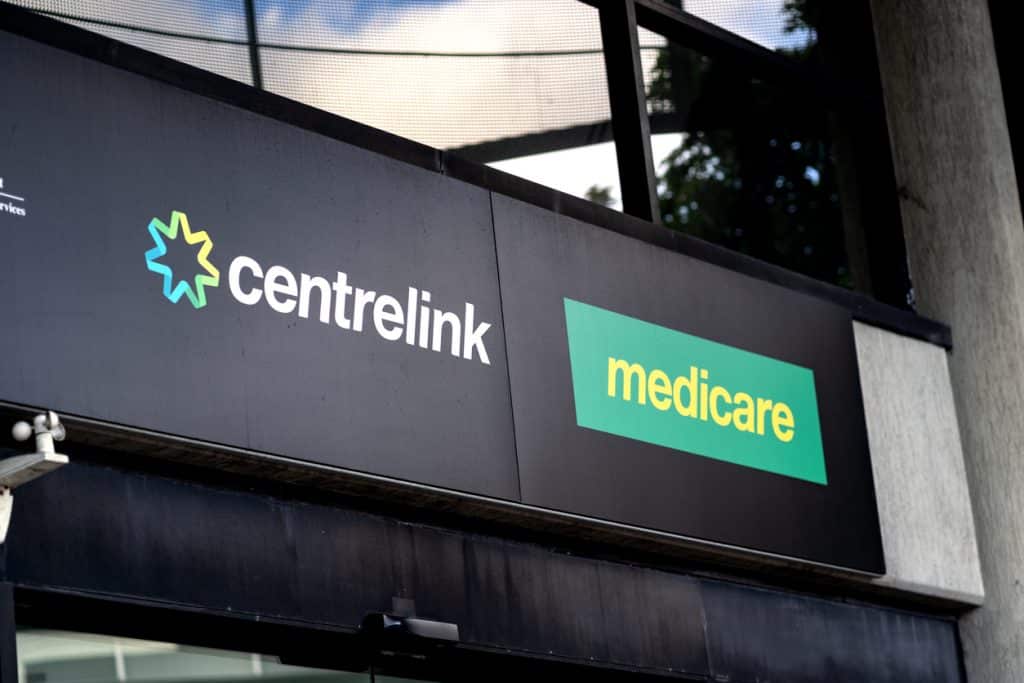
By Maya Pilbrow
14 November 2022
The government could be doing more to help the most disadvantaged among us as the cost of living rises, Anglican social justice organisations say.
Following the release of the Albanese government’s first budget, representatives from Anglicare said that the level of governmental support for lower-income people was inadequate at both a state and national level.
Anglicare Australia executive director Kasy Chambers said that she was disappointed, but not surprised to see that there was no cost-of-living recognition for people on welfare payments.
The Australian Bureau of Statistics Consumer Price Index rose 7.3% over the last twelve months, with housing, including gas and other household fuels, and food and non-alcoholic beverages accounting for the highest increases.
Ms Chambers said the budget provisions for people living in poverty did not address rising costs of living.
She said Anglicare Australia had provided services to several people who could not afford to turn lights and heating on as needed throughout the winter.
The federal budget does not include any direct provisions to account for higher bills resulting from rising energy prices.
This, coupled with no increase to welfare payments, means that the poorest Australians had little hope of rising above the poverty line, Ms Chambers said.
Read more: Food relief demand soars as living pressures mount
Anglicare Victoria chief executive Paul McDonald, said that the government’s budget priorities showed a lack of commitment to fixing issues like affordable housing and inequality.
The budget promised a $10 billion investment into the newly created Housing Australia Future Fund to build 30,000 affordable homes over five years and pledged to build 1 million new homes from 2024-2029 through the National Housing Accord.
Mr McDonald said these measures were vague and inadequate.
Anglicare Australia’s 2022 Rental Affordability Snapshot estimates a shortfall of social and affordable housing of 166,000 in Victoria alone by 2036.
Mr McDonald said the promise to build 1 million new homes could not make up for 15 years of affordable housing policy neglect.
Mr McDonald said he was disappointed to not see targeted policies and investment to alleviate housing stress for the most disadvantaged.
However, there were some positives described by social justice organisations.
Both Mr McDonald and Ms Chambers agreed there were many promising outcomes from the budget, including changes in terminology.
Mr McDonald said the appointment of a dedicated Minister for Homelessness indicated an interest in the issue.
Ms Chambers said it was a promising sign that the framing of language within the budget suggested a readjustment of departmental priorities in favour of social welfare.
“It’s great to see a budget that has the word housing even in it,” she said.
For more faith news, follow The Melbourne Anglican on Facebook, Twitter, or subscribe to our weekly emails.






